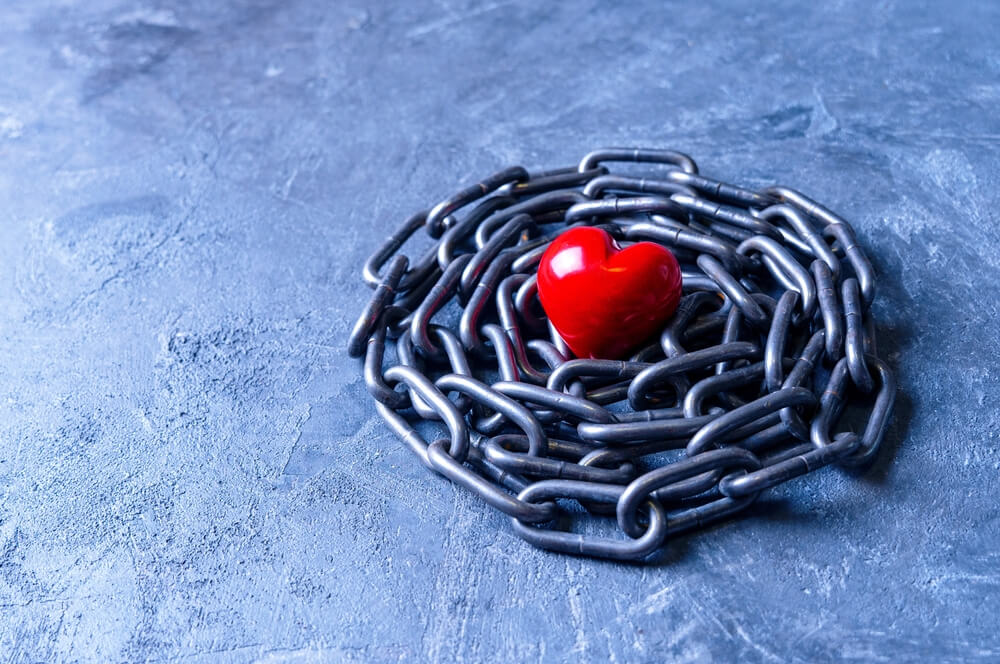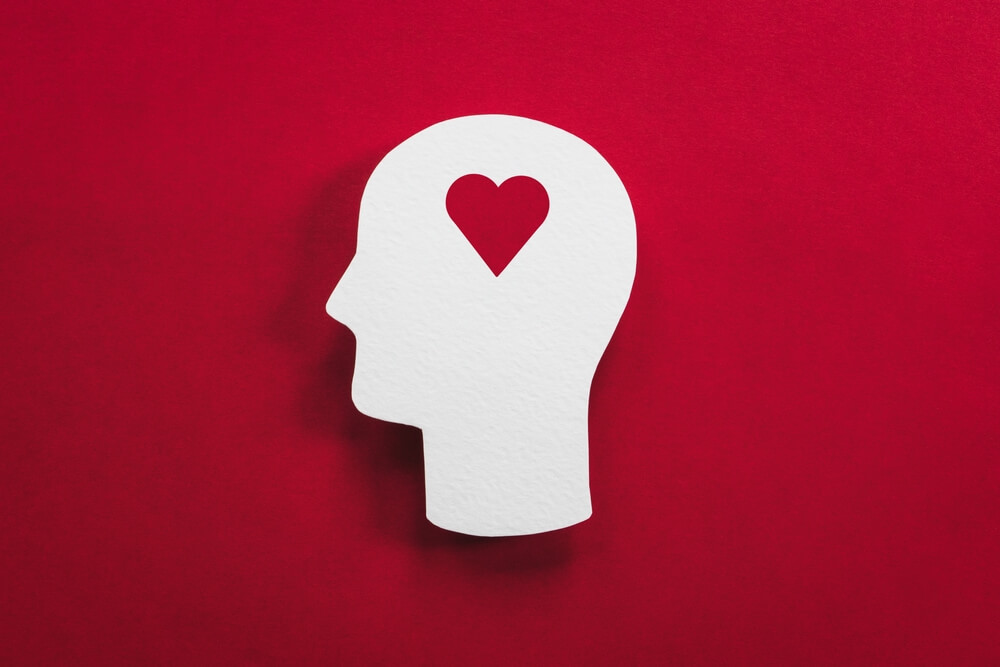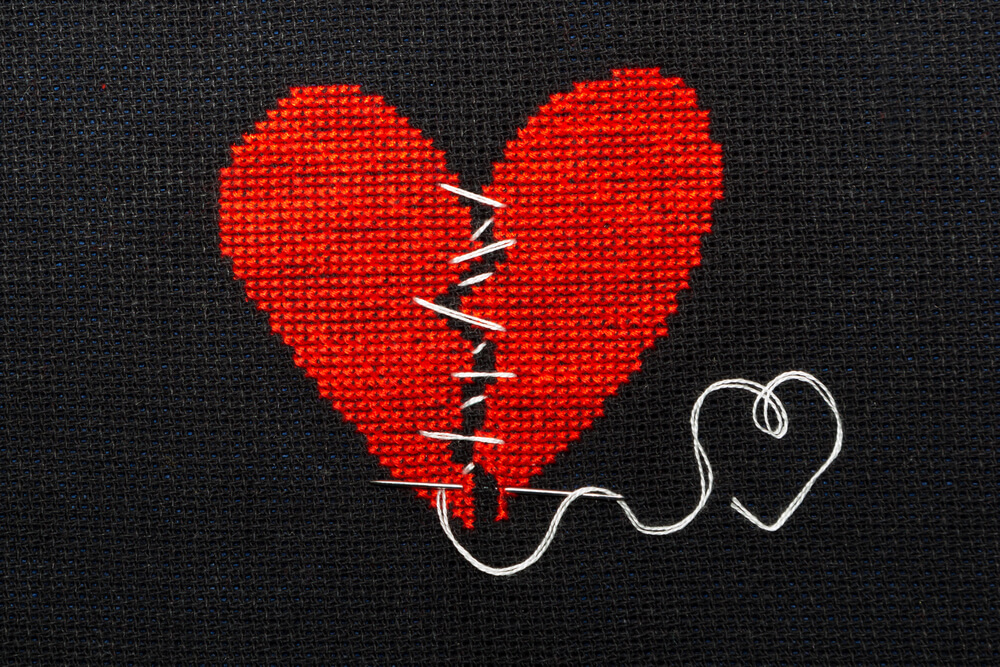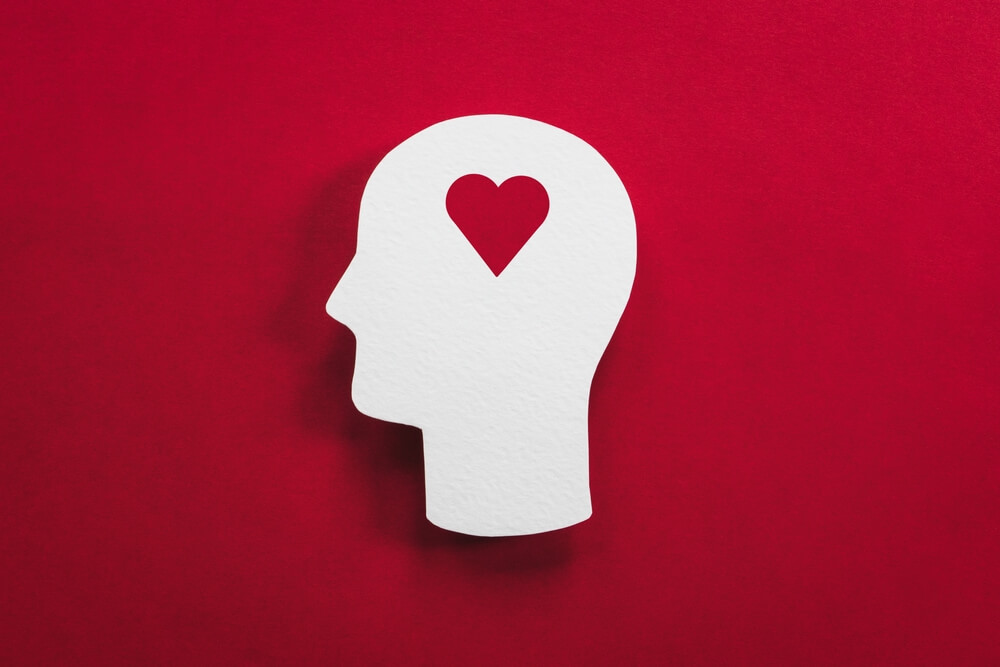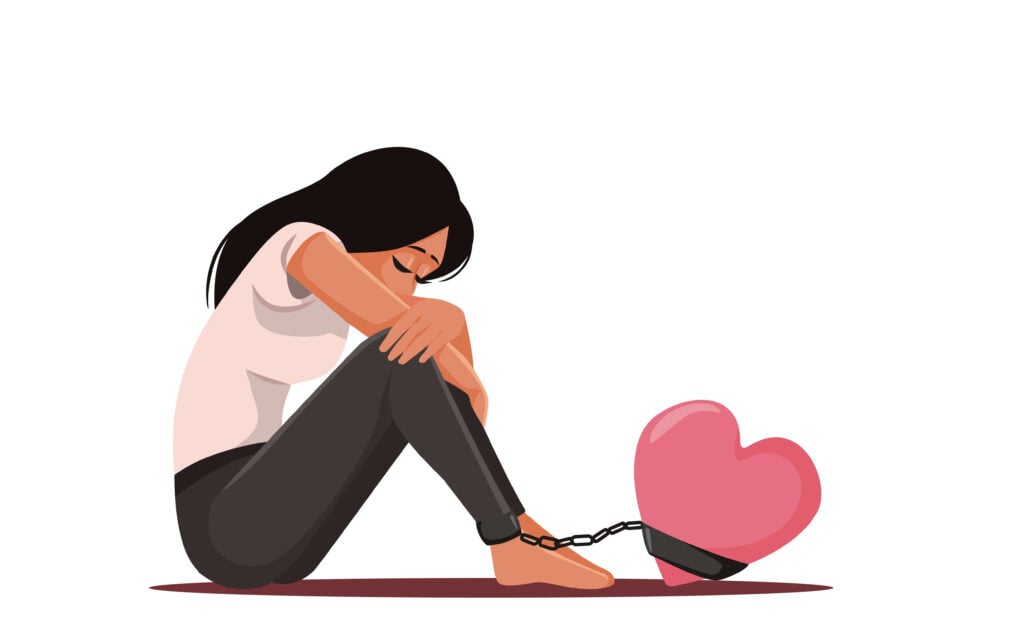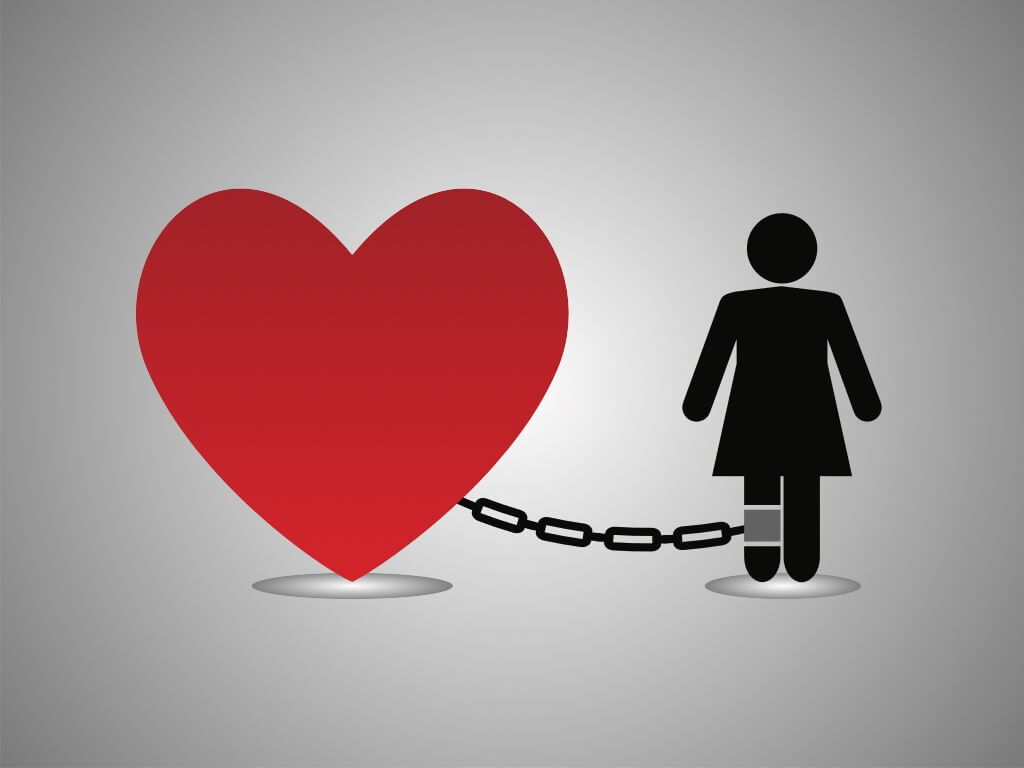Overcoming betrayal in relationships is a complex and often painful process. Whether it stems from infidelity, deception, or broken promises, broken trust can fundamentally shake any relationship. It’s not just the act itself but the ripple of doubt, hurt, and confusion it creates that makes dealing with this situation so challenging. This experience can occur in any type of connection, be it romantic, familial, or friendship, with each instance leaving negative consequences on our emotional well-being.
Overcoming betrayal trauma is not easy, as the impact goes beyond immediate emotional pain. It can linger, influencing our thoughts, behaviors, and future interactions. The journey through this landscape of mistrust and hurt is not straightforward. It involves grappling with a mix of emotions, questioning our judgment, and reassessing our understanding of trust.
Getting over the consequences caused by such deep breaches of trust is about more than just moving on from the event. It involves a careful and often difficult process of healing betrayal trauma, introspection, and sometimes, forgiveness. This journey is about finding ways to deal with the emotional wounds, rebuild confidence in our ability to trust, and, in some cases, restore the damaged bonds of our connections.
Does The Pain Of Betrayal Ever Go Away?
The pain from a deep disappointment in a relationship is both intense and personal, often feeling like an emotional wound. In the beginning, it’s common to be swept up in a flood of emotions, from anger and sadness to a profound sense of confusion.
However, with time and active effort in processing these emotions, the pain starts to lessen. Once the individual acknowledges their hurt, understands the situation that caused it, and takes steps towards self-care, the pain can start becoming easier to handle.
This journey isn’t a straight line. It’s full of ups and downs, with days of progress and times of setback. Patience with oneself during this process is very important, as is the support from understanding friends, family, or a counselor.
Learning how to cope with betrayal trauma is easier with healthy coping strategies that the individual can practice over time. The process is less difficult if the individual takes everything one day at a time and finds what helps them gradually recover and rebuild.
Over time, the overwhelming emotions will likely begin to subside. This change is an important part of the journey towards a more stable and calm state of mind. It’s a journey of adapting, healing, and eventually finding a new sense of normalcy.

How Do I Stop Obsessing Over Betrayal?
Moving past a profoundly hurtful experience often involves dealing with persistent thoughts about the details and the pain it causes. This rumination is a natural process of the mind trying to make sense of what happened, but it can also lead to being stuck in a cycle of pain. Implementing specific, actionable strategies can help shift the focus from these thoughts to recovery.
1. Structured Reflection Through Journaling
Journaling can be a powerful tool for managing painful and complex thoughts. Setting aside a specific time each day for this activity can help contain reflection to a designated period. This could help the individual understand their emotions better.
2. Engaging In Fulfilling Activities
Engaging in activities that occupy the mind and provide joy or relaxation can be helpful. This could involve new hobbies, such as painting or gardening, or physical activities like yoga or hiking. The aim is to immerse oneself in experiences that divert attention and bring a sense of fulfillment and peace.
3. Mindfulness And Meditation
Mindfulness and meditation practices can be effective in grounding thoughts in the present moment. Simple exercises, especially involving breathing control, can help calm the mind and reduce the tendency to dwell on past events. Incorporating these practices into a daily routine can provide a peaceful escape from intrusive thoughts.
4. Seeking Supportive Company
Spending time with supportive friends or family members can be highly beneficial. Engaging with people who offer upliftment and validation can be incredibly healing. Sharing experiences with empathetic listeners can also provide significant relief.
5. Professional Guidance
When self-managed strategies are insufficient, seeking professional help may be necessary. A therapist or a coach can offer specific guidance on how to overcome betrayal trauma, providing personalized support and coping techniques tailored to individual situations.
Can Betrayal Trauma Be Healed?
Betrayal trauma healing is indeed possible, although it may look different for everyone. The resilience of the human spirit, coupled with the right approach and support, can lead to a meaningful recovery. The journey isn’t always easy and often requires confronting and working through complex and challenging emotions.
However, countless individuals have navigated this path successfully, emerging with a deeper understanding of themselves and their capacity to handle life’s adversities. While the scars of the broken trust might not disappear completely, their impact diminishes over time with proper care and attention.
While learning how to heal betrayal trauma, individuals can gradually regain a sense of equilibrium and perspective. There’s an opportunity to transform this experience from being solely painful to something that can offer insight and personal growth. This transformation doesn’t negate the hurt but adds a layer of strength and wisdom to how one views themselves and their relationships.
In essence, healing betrayal trauma is not just a return to the state you were in before, but an evolution into a more grounded and self-aware individual. This is as much about recovering from the hurt as it is about growing from it.

How To Heal From Betrayal Trauma In A Relationship?
This journey often involves a blend of personal introspection and mutual effort from both partners. It starts with acknowledging the pain and allowing space for both individuals to express their feelings and perspectives.
Professional counseling, such as couple’s therapy, can provide a structured and supportive environment for this process. Here, both partners can work through their emotions, understand the underlying issues, and learn new ways to communicate and reconnect.
Rebuilding trust is a critical component of this process. This involves not only regaining faith in the partner but also in one’s own judgment. Overcoming betrayal in relationships can be easier when the individuals see that the situation was a result of specific actions and choices, not a reflection of the entire relationship or one’s own worth.
As trust is gradually rebuilt, the connection may evolve to be stronger and more transparent. It’s a journey that takes patience, understanding, and a willingness to grow both individually and as a couple.
How To Overcome Betrayal Trauma With PIVOT
The path to recovering from deep emotional wounds in relationships is a journey you don’t have to undertake alone. PIVOT is here to support you every step of the way, helping you forge a path toward more fulfilling and resilient connections.
At our peaceful Glass House Retreat, our team of compassionate and experienced coaches offers guidance and actionable strategies. We specialize in helping individuals navigate the complexities of emotional recovery, providing tools and insights to not only recognize the impact of these experiences but also to effectively work through them.

In our nurturing and supportive setting, you’ll have the opportunity to engage in a journey of self-discovery and relationship rebuilding. Whether it’s through our comprehensive group programs or tailored individual coaching sessions, our approach is designed to meet your specific needs and circumstances.
Start your journey towards renewed trust in relationships today. Contact PIVOT and take the first step in transforming your experiences into a foundation for stronger, healthier connections in your life.




